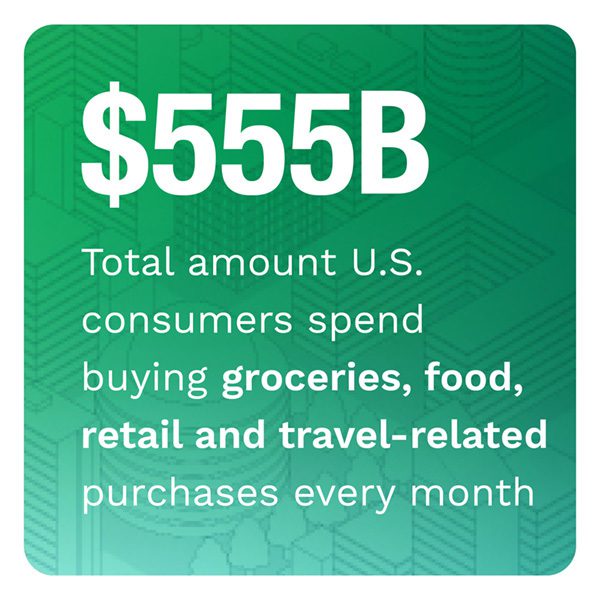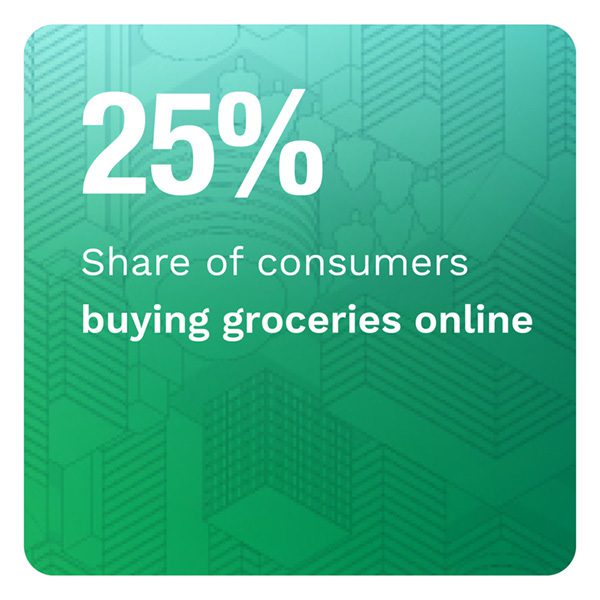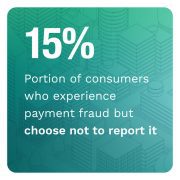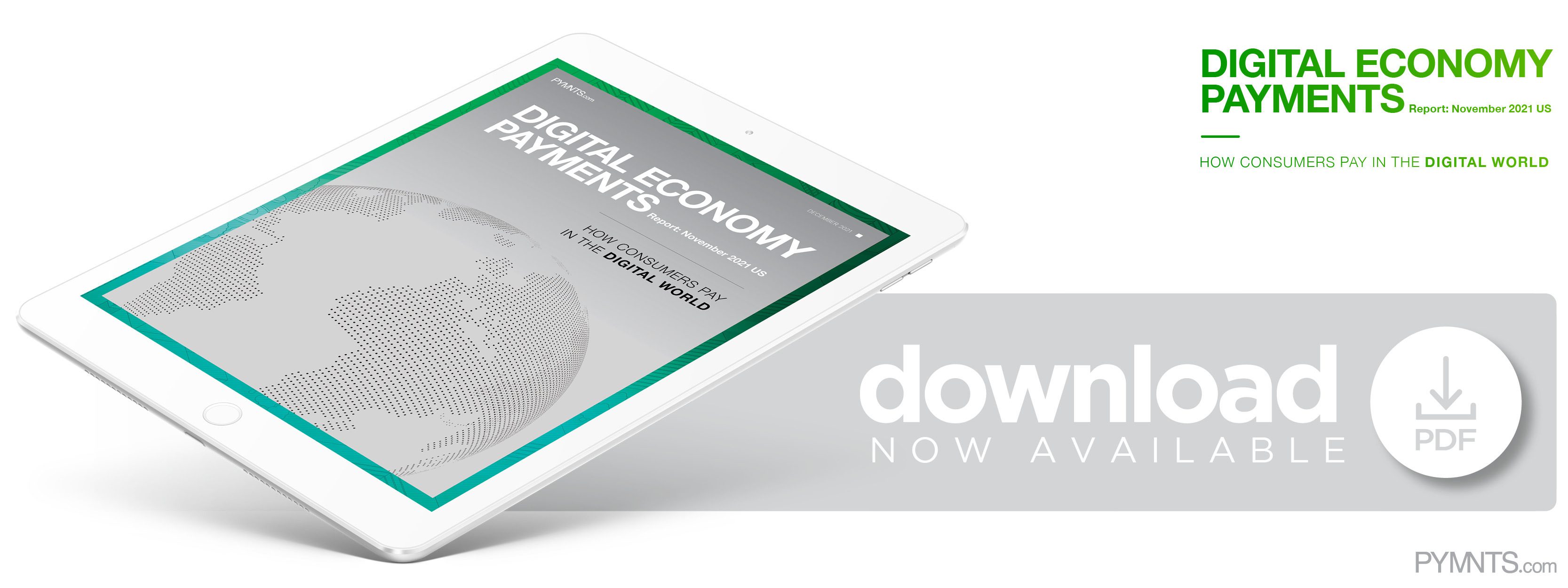How Consumers Pay for the Half-Trillion Dollars They Spend Every Month

Consumers in the United States spend a collective $555 billion each month buying groceries, food, retail products and travel-related purchases — and the way they pay is changing faster than the tides.
The prolonged public health and economic crisis has had consumers going in and o ut of lockdowns, rethinking nearly every aspect of their lives and trying countless new payment and commerce experiences. It is hard to know which trend they will latch onto next — but understanding the why behind the what can help.
ut of lockdowns, rethinking nearly every aspect of their lives and trying countless new payment and commerce experiences. It is hard to know which trend they will latch onto next — but understanding the why behind the what can help.
The inaugural Digital Economy Payments Report: November 2021 US, How Consumer Pay In The Digital World edition, examines how consumers’ payments preferences are shifting in tandem with the socio-economic realities of their everyday lives. PYMNTS surveyed nearly 3,300 U.S. consumers in November about their purchasing behaviors to understand the key underlying factors driving consumers’ rapidly shifting payments preferences.
Key findings from our research include:
 Debit trumps credit use when consumers shop in physical stores, but credit cards are king for online purchases. More than 38% of consumers pay for brick-and-mortar purchases with debit cards, while more than 33% use credit cards. The opposite is true for online purchases: 37% of consumers use credit cards, and 33% use debit cards to pay online.
Debit trumps credit use when consumers shop in physical stores, but credit cards are king for online purchases. More than 38% of consumers pay for brick-and-mortar purchases with debit cards, while more than 33% use credit cards. The opposite is true for online purchases: 37% of consumers use credit cards, and 33% use debit cards to pay online.
Nearly one-quarter of consumers are buying their groceries online. Fourteen percent of consumers shop and pay for their groceries on their phones, while 10% do so on their computers.
Nearly one-third of consumers made peer-to-peer (P2P) transactions during the past month. PayPal is the most popular method used to make P2P transactions by more than one-quarter
of consumers. Venmo and Zelle are also commonly used apps for making P2P payments.
These findings merely scratch the surface of the many lessons the past 20 months have taught us about why consumers choose to pay the way they do. The Digital Economy Payments Report: November 2021 US, How Consumer Pay In The Digital World delivers a deep dive into U.S. consumers’ ever-changing relationship with payments.
To learn more about why consumers keep rethinking their payment preferences, download the report.
